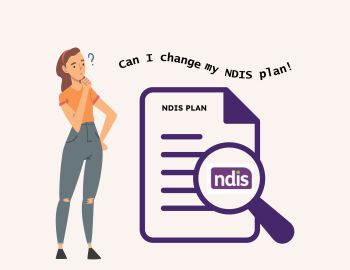
13 Nov 2023
News
Regrettably, individuals with mental health conditions often face exclusion and discrimination, resulting in adverse effects on their physical health and life expectancy. Data reveals that Australians with mental health conditions are more susceptible to physical health issues, emphasising the critical need for integrated care and wellbeing support.
The recent Disability Royal Commission report shed light on the challenging realities faced by people with disability, highlighting the urgent need for specialised health and mental health services. While Australia may be deemed a "lucky" country, there is still a long road ahead in altering societal perceptions around mental health and acknowledging its intrinsic value alongside physical health.
Days like World Mental Health Day play a crucial role in bringing mental health issues to the forefront of public consciousness but we must continue these conversations everyday. For those living with disabilities, the impact of poor mental health can be especially pronounced, exacerbating social isolation and disadvantage. By sharing these statistics, we amplify the voices advocating for those who may not be able to speak for themselves.
Mental health affects every facet of life—physical health, social interactions, and the ability to work or study. Access to mental health services is not just beneficial; it is essential for the overall wellbeing of individuals. Let us all do our part and continue raising awareness, fostering understanding, and advocating for a society where mental health is universally recognised and supported.
Together, we can make strides towards a world where mental health is indeed a universal right.